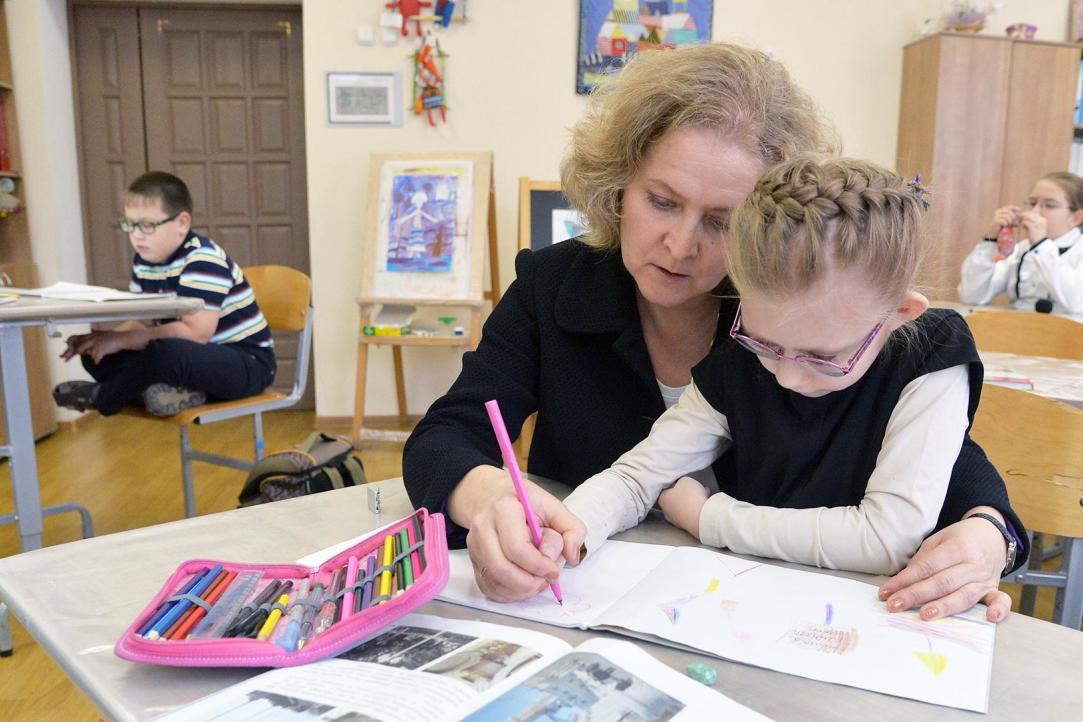Children and Youth in Post-socialist Countries
A workshop dedicated to the inclusion of children and youth in post-socialist countries was held at the International Laboratory for Social Integration Research on March 2, 2022. It discussed drafts of two research articles being prepared for a special issue of the journal "Children and Youth Services Review".

Alexandra Alekseeva (independent researcher), Elena Kutepova (MSUPE) and Natallia Hanssen (Nord University) presented their article 'Following changes towards inclusion in Russia 2012-2022.' The authors answer the question of how the concept of inclusion and inclusive education has developed in Russian legal and legislative documents over the past decade. The authors came to the conclusion that there is no clear definition of inclusion in legislative documents, or it is interpreted by analogy with the idea of integration. These documents support the practice of institutionalization and segregation of students with SEN. To conclude, the introduction of the concepts of inclusiveness and inclusive education clearly does not lead to a fundamental shift in how the issue of equality in education for all is addressed.
Tatyana Kuzmicheva (Murmansk Arctic State University) acted as a discussant for this article.
Presentation by Maria Kozlova (HSE) and Tatiana Riabichenko (HSE) with the article "Prospects of inclusive education in post-Soviet countries through the prism of teachers' attitudes: findings of international survey" is devoted to identifying the mechanisms and prospects for the development of inclusive education in the post-Soviet space taking into account the needs of teachers as key actors of inclusion, the satisfaction of whose needs creates a stable support for the formation of inclusive values and practices to overcome educational inequality. It was studied how satisfaction with professional activities, support from colleagues and school administration, ideas about responsibility for the success of the educational inclusion of different actors, professional burnout and readiness to introduce inclusive practices into professional activities are related in the perception of teachers. It was concluded that teachers implementing inclusive educational practice should be ready and aware of the need for self-development, mastering new knowledge, educational technologies, the ability to analyze previous and own experience, select effective methods of working with children, and seek compromise solutions to specific pedagogical situations, build classes according to the interests and needs of students, promote their further social and professional self-determination.
Arman Assanbayev (Nazarbayev University) and Michael Russell (University of Innsbruck) served as reviewers.
The discussion was also attended by Laboratory staff and other authors working on articles for a special issue.The workshop was organized by the head Laboratory, Elena Yarskaya-Smirnova. Coordinator — trainee researcher Ekaterina Shalonskaya.


